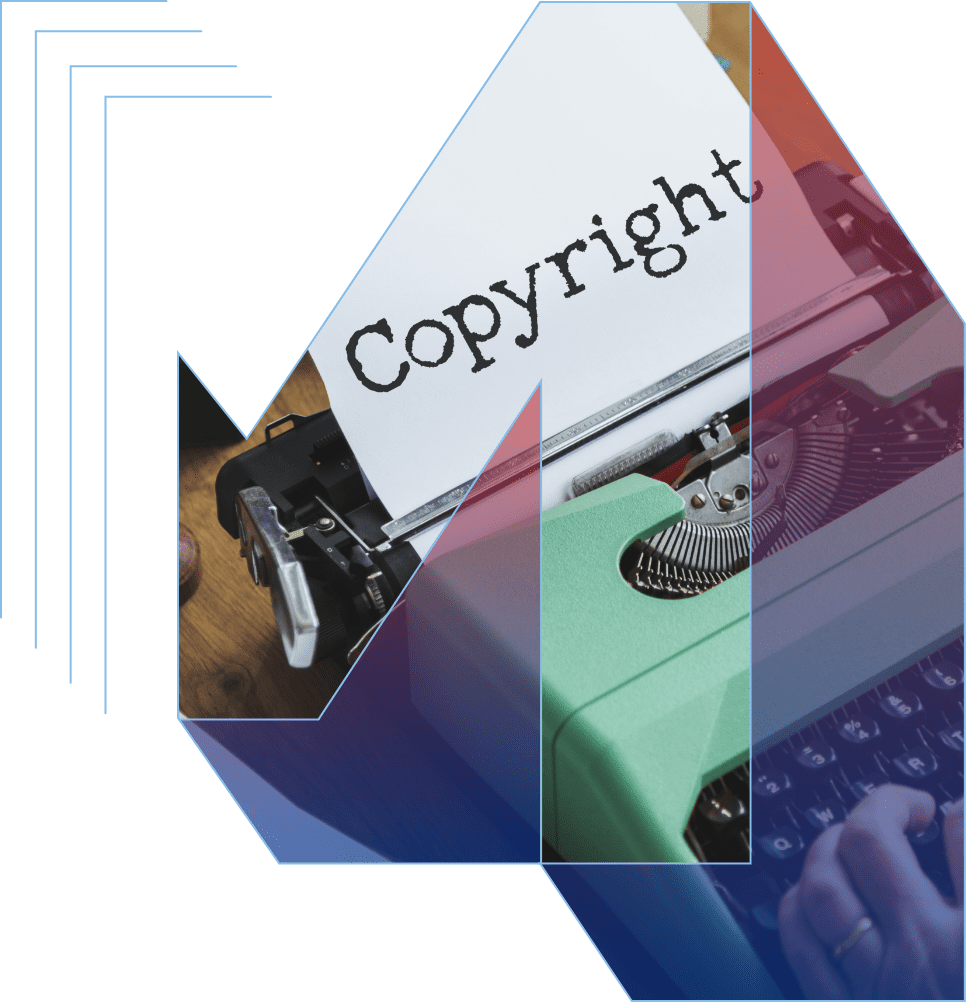
Neighboring rights are the rights of performing artists, creators of sound tracks, broadcasters and producers of first recordings of audiovisual works (movies) that ensure the protection of their financial rights and, in the case of performing artists, of moral rights. Both a live performance and a performance recorded on a medium, a sound track, the first recording of an audiovisual work (movie), a broadcaster’s radio or television broadcasting may be an object of neighboring rights.
In Lithuania, the protection and implementation of neighboring rights are regulated by the Law on Copyright and Neighboring Rights. Neighboring rights include property rights and personal non-property rights.
The nature of property neighboring rights is economic, i.e. they grant the exclusive right to either permit or prohibit the use of a work performance, sound track, broadcasting or audiovisual work (movie). These rights also provide their owners with an opportunity to receive royalties for the use of the objects referred to above.
Non-property neighboring rights are enjoyed by performing artists only: they have the right to their name, their live performances or performance recordings. This means that users of live performances or performance recordings must indicate the performing artist, and the performing artist also has the right to the integrity of his or her performance.
Neighboring rights are acquired automatically from the moment of the lawful public performance of the relevant work or lawful publication of the relevant object. The term of protection of these rights depends on the subject of neighboring rights, i.e. the owners of the rights. If neighboring rights are owned by performing artists, their personal non-property rights are protected for an unlimited term, while property neighboring rights are protected for 50 years from the date of the relevant performance. The rights of sound track producers are protected for 50 years from the date the relevant recording is made. The neighboring rights of broadcasting organizations are protected for 50 years from the first public transmission of the relevant broadcasting, irrespective of the manner of the transmission. The rights of producers of first recordings of audiovisual works (movies) are protected for 50 years from the date the relevant recording is made.
Copyright refers to the exclusive rights to a work which appear from the moment the work is created. An author’s work is guaranteed with copyright protection if it is an original work of literature, science or art expressed in an objective form. Copyright protects works and does not protect ideas, operating methods or procedures. Copyright can effectively protect an author’s economic, creative and legal interests.
In Lithuania, copyright protection and implementation are regulated by the Law on Copyright and Neighbouring Rights. Copyright protection is also regulated by the provisions of the Berne Convention.


Copyright includes property and non-property rights of the author to a work created by the author. The nature of author property rights is economic, i.e. they grant the author the right to control any use of his or her work and provide an opportunity to receive royalties for such use. A work may be used in a variety of ways, e.g. it may be translated, published, reproduced, distributed, adapted, publicly demonstrated, publicly performed or publicly announced, etc. A copyright owner may either permit or prohibit other parties from using its work in any of the manners referred to above. An author also has the right to dispose of his or her work, i.e. to transfer his or her rights to the work or part thereof to other persons.
The law protects copyright throughout the author’s life and 70 years after the author’s death, and the personal non-property rights of the author in the Lithuanian territory are protected for an unlimited term. The property rights of the author may be inherited under a will or according to local law. Upon expiry of the prescribed validity term of the property rights of the author, the authority empowered by the Government, i.e. the Ministry of Culture, continues to protect these rights.
Personal non-property rights of the author pertain to the author’s name, reputation, dignity and similar intangible aspects. Personal non-property rights of the author are the rights to the author’s name, its mentioning, the integrity of the author’s work and the prohibition of other persons from altering the work.
Registration of copyright to a work is optional. If a work meets the requirements for the object of copyright referred to above, the author of the work acquires property rights and personal non-property rights of the author from the moment the work is created.
The requirement to obtain the author’s permission in order to use his or her intellectual property does not apply if criticism of the author’s work is expressed or the work cited, or when a link to the work is provided on a publicly accessible website. Neither is the author’s permission to use his or her work is required when a comical picture or parody is created out of, or based on the work. This also applies to the so-called internet memes, as these qualify as parodies and persons who create them do not need the author’s permission to use their works. In all other instances, copyright is protected and it is prohibited to use an author’s intellectual property without the author’s permission.


We will help you with your concerns